Superman Upholds Moral Truth in Conflict
Superman's moral strength defines him in "Man of Steel" as he navigates sacrifice, identity, and principle in a world that tests the limits of heroism and the meaning of doing what is right.
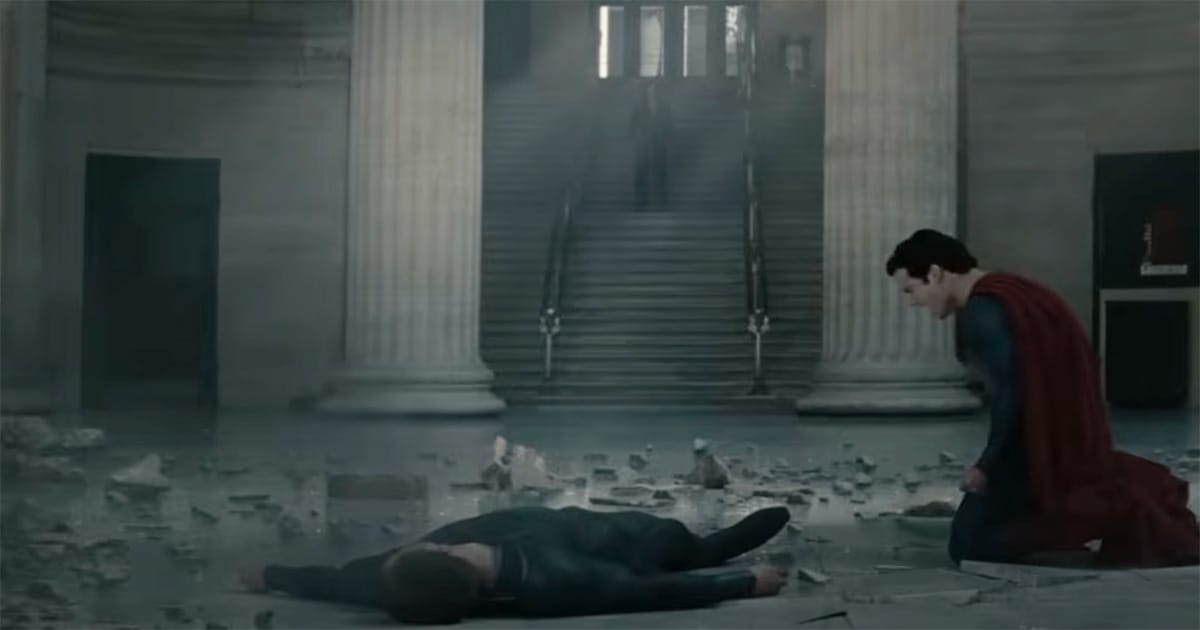
When "Man of Steel" debuted in 2013, it introduced a Superman that puzzled some and captivated others. Gone was the effortless certainty of earlier portrayals. In his place stood a man caught in the pull of conflicting duties, wrestling with the burden of power in a world that no longer rewards conviction. In an age weary of absolutes, "Man of Steel" asked whether it is still possible for a man to hold fast to moral truth.
This Superman is not a relic. He is a man of action and reflection, pushed to the edge by circumstances that offer no easy choices. Yet his true power does not lie in what he can do. It lies in what he refuses to abandon. In a culture that often praises compromise and celebrates convenience, his commitment to principle marks him as something rare.
"Man of Steel" honors the heroic ideals that made Superman a cultural icon. But it does so by placing him in a world shaped by doubt and danger. The film offers a vision of heroism that is not easy, not automatic, and not without cost. It is tested, thoughtful, and forged through fire.
Foundations of Strength – Clark Kent's Ethical Heritage
Before he ever donned the cape, Clark Kent learned the meaning of strength in a Kansas cornfield. In "Man of Steel," the moral architecture of Superman is laid not in the halls of Krypton but in the quiet resolve of Jonathan and Martha Kent. These two ordinary people gave their son the extraordinary gift of moral direction. From them, Clark learned that being strong meant more than lifting tractors or outrunning storms. It meant choosing when not to act, even when he could.
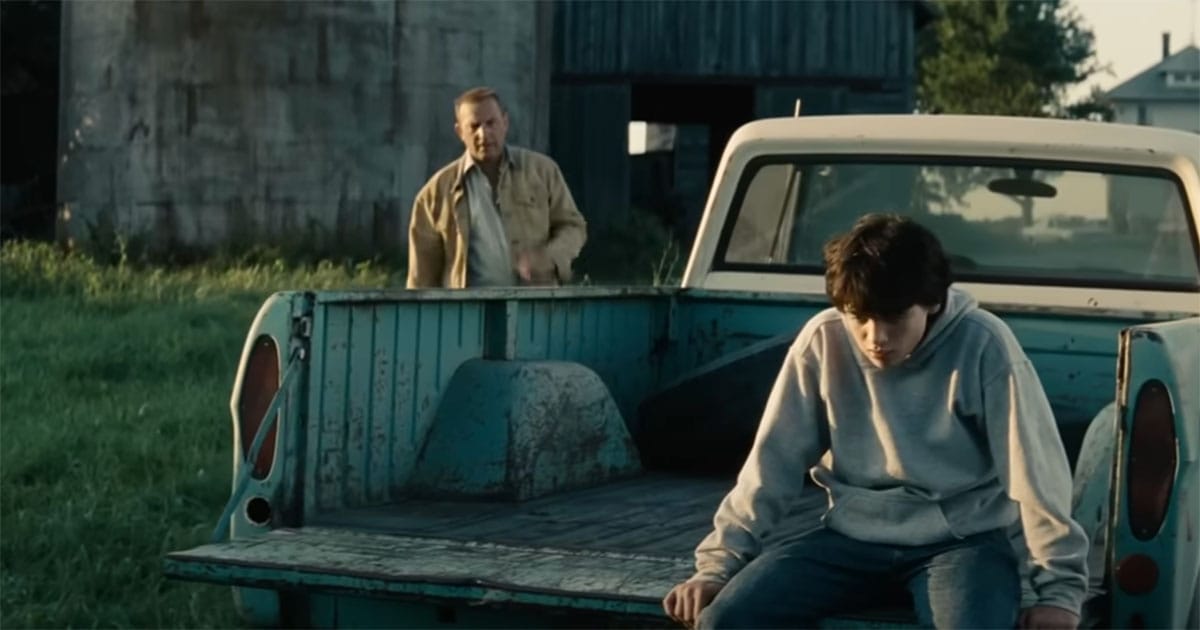
Jonathan Kent, in particular, is portrayed not as a man with all the answers but as a father willing to bear the weight of uncertainty to protect his son's future. His controversial decision to keep Clark's powers hidden, even at great personal cost, reflects a belief that character must be shaped before action can be taken. When he tells Clark he might have let others die to protect his secret, he is not being cruel. He is teaching the value of sacrifice, patience, and the long view.
Martha, too, offers more than comfort. Her quiet encouragement and unshakable love remind Clark that who he is matters more than what he can do. Together, the Kents plant the seeds of restraint, humility, and purpose.
These lessons, absorbed in Smallville's soil, become the moral bedrock of Superman's future. Long before he faces Zod or flies into battle, Clark Kent becomes a man who knows the difference between having power and having the right to use it.
The Crucible of Choice – Superman Faces Zod
In the final act of "Man of Steel," Superman is confronted with a decision that no man should ever have to make. General Zod, the last surviving remnant of Krypton's military elite, stands ready to annihilate humanity in pursuit of a resurrected Krypton. The battle that follows is not just a spectacle of strength. It is a trial of character. In the ruins of Metropolis, stripped of illusions and options, Superman must choose between his heritage and his heart.
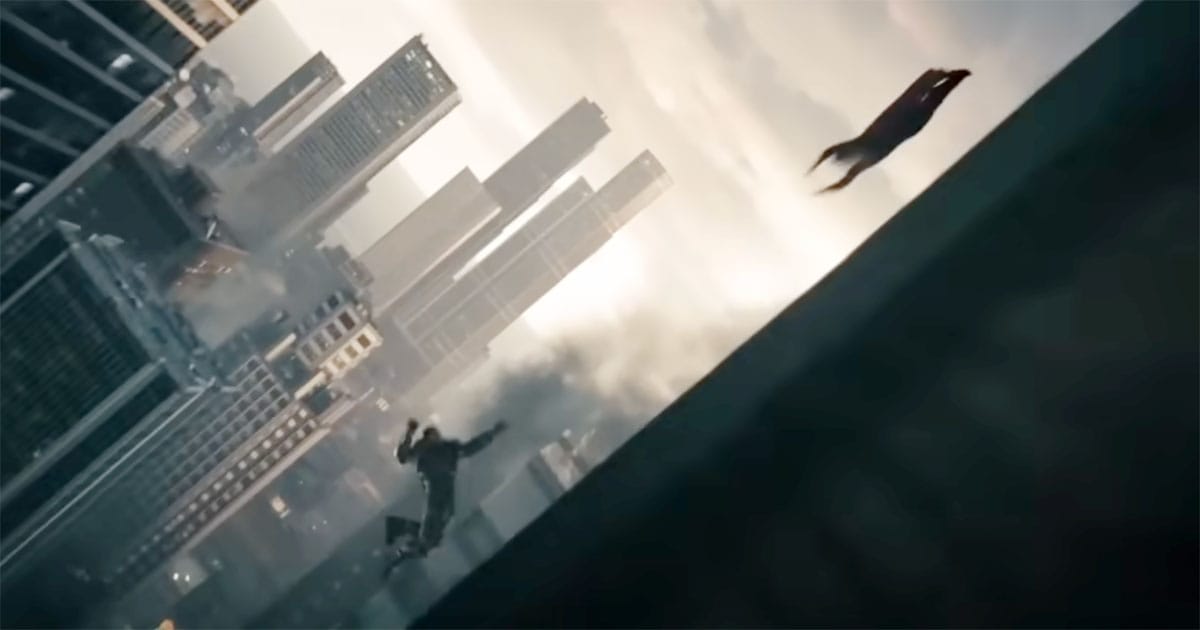
Zod represents more than a physical threat. He is the embodiment of absolute will without moral boundary. He believes in destiny, in genetic supremacy, in the cold logic of survival at any cost. Superman believes in something else. He believes in choice, in humanity's flawed but free potential. Their clash is not just one of fists. It is one of philosophies.
The moment Superman takes Zod's life is the most debated scene in the film. Yet, it is also its most vital. Trapped in a crumbling station, with innocent lives hanging in the balance, Superman makes a decision that breaks his heart but saves others. This is not the act of a vengeful god. It is the agony of a man bearing the cost of doing what must be done when no better option exists.
"Man of Steel" does not celebrate this moment. It grieves it. Superman's scream after the act speaks louder than any line of dialogue. It tells us that this was not an easy choice, but a necessary one. In that cry lies the soul of the film—a hero who mourns the price of moral action in a broken world, yet still chooses to bear it. That is not failure. That is moral courage.
A New Hope – Forging Identity Through Principle
In "Man of Steel," Superman is not just a visitor from another world. He is a man who is asked to choose which world he will call his own. The film makes clear that this is not a decision based on birthright or power. It is a matter of principle. When offered the chance to join Zod in rebuilding Krypton at the expense of Earth, Superman does not hesitate. He chooses the planet that raised him, not the one that produced him.
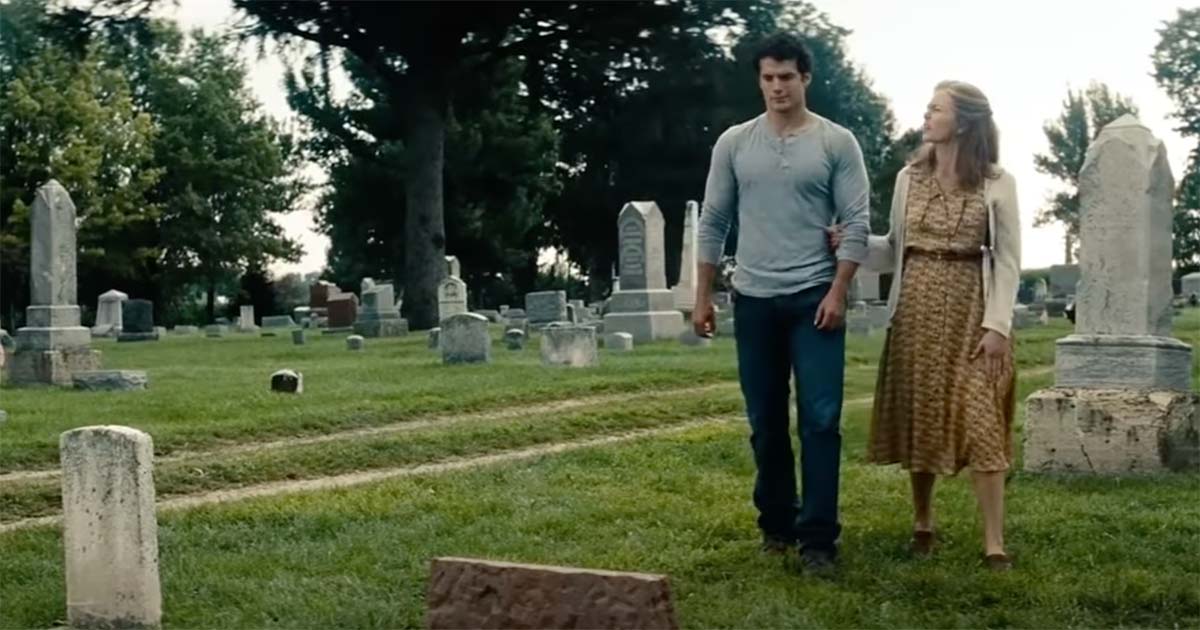
This choice is more than sentimental. It is moral. Zod offers a vision of Krypton rooted in hierarchy and control. Superman chooses the messiness of humanity, with all its flaws and freedoms. He sees in Earth not perfection but promise. This is not a rejection of his past, but a declaration of who he has become. His loyalty is earned, not inherited.
Superman's allegiance to Earth is a testament to his ethical clarity. Even after the trauma of battle and the burden of killing Zod, he does not waver in his belief that mankind is worth protecting. The values instilled in him in Smallville—sacrifice, restraint, compassion—remain his compass. They do not make him invincible, but they keep him grounded.
By the end of the film, Superman has done more than save a city. He has chosen who he is. He has defined his identity not through ancestry or ability, but through conviction. That is what makes him not only powerful, but noble. He is a man of Earth by choice, and by principle.
The Lasting Measure of a Hero – Superman's Legacy in a Complicated Age
"Man of Steel" does not abandon the heroic ideal. It refines it. In an age when strength is often mistaken for dominance and virtue is too easily dismissed as outdated, the film offers a Superman who still believes in right and wrong. But he believes with scars, with hard-won wisdom, and with the knowledge that sometimes doing right comes at a terrible price.
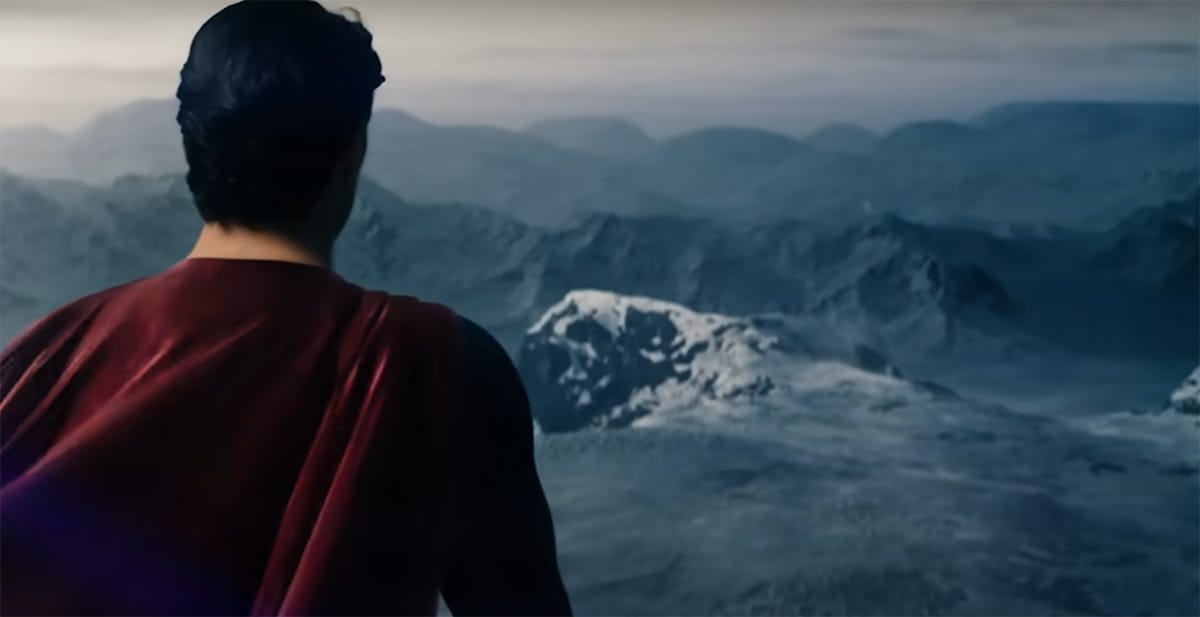
This is not a mythic figure untouched by doubt. It is a man who finds his way through struggle. What sets Superman apart is not his might, but his refusal to let power define him. His strength lies in his ethical clarity—in his belief that the right path is worth following, even when it leads through loss.
In this way, "Man of Steel" renews Superman's place in our cultural imagination. He is not a god watching from above. He is a man among men, choosing to protect, to serve, and to stand firm when it matters most. His legacy is not measured by triumph alone, but by the convictions he refuses to surrender.
In uncertain times, heroes who do what is right—not what is easy—remain as vital as ever. Superman endures because he reminds us that real strength is moral strength. And in a world that often forgets, that is something worth remembering.

